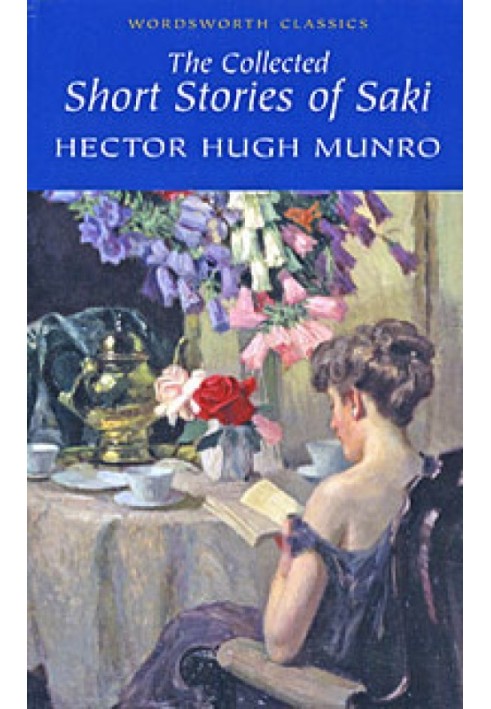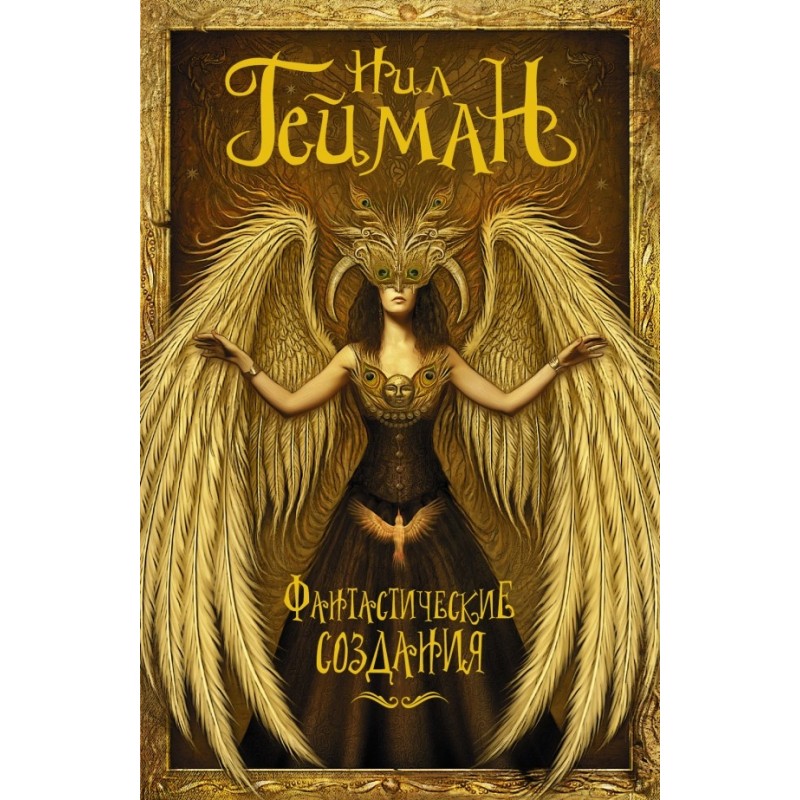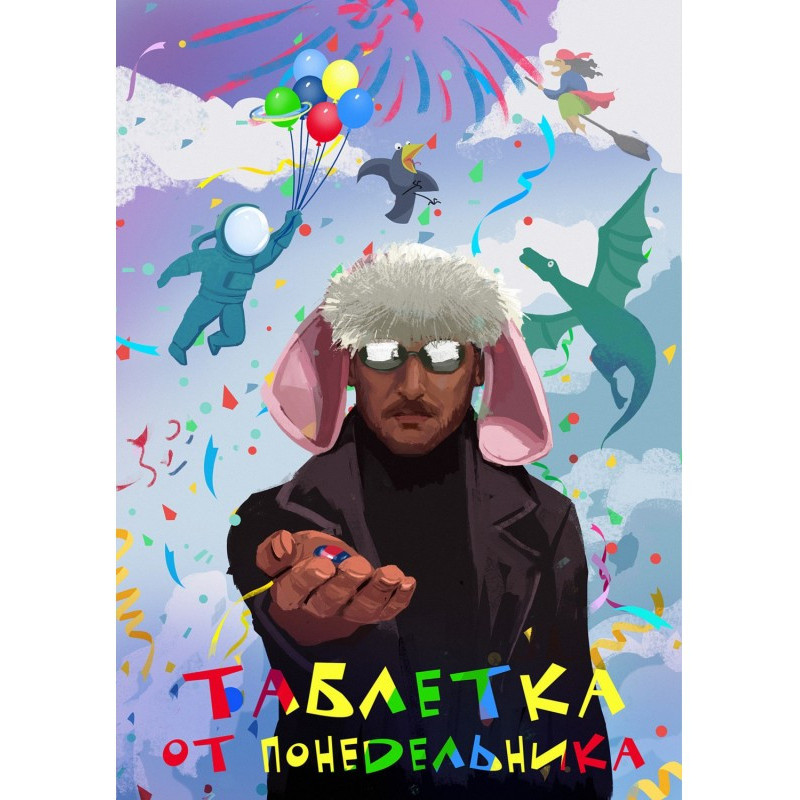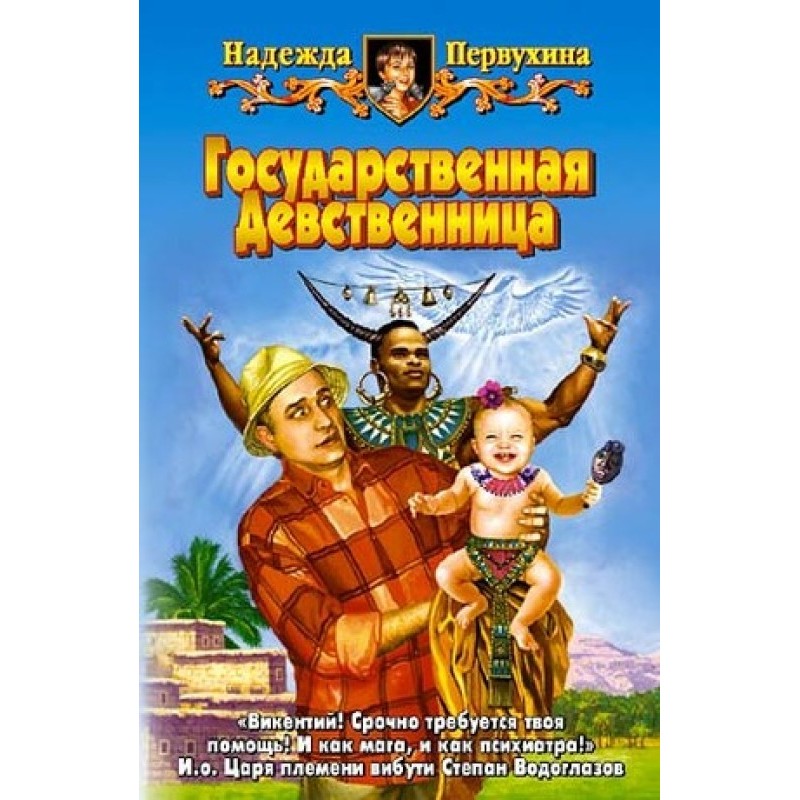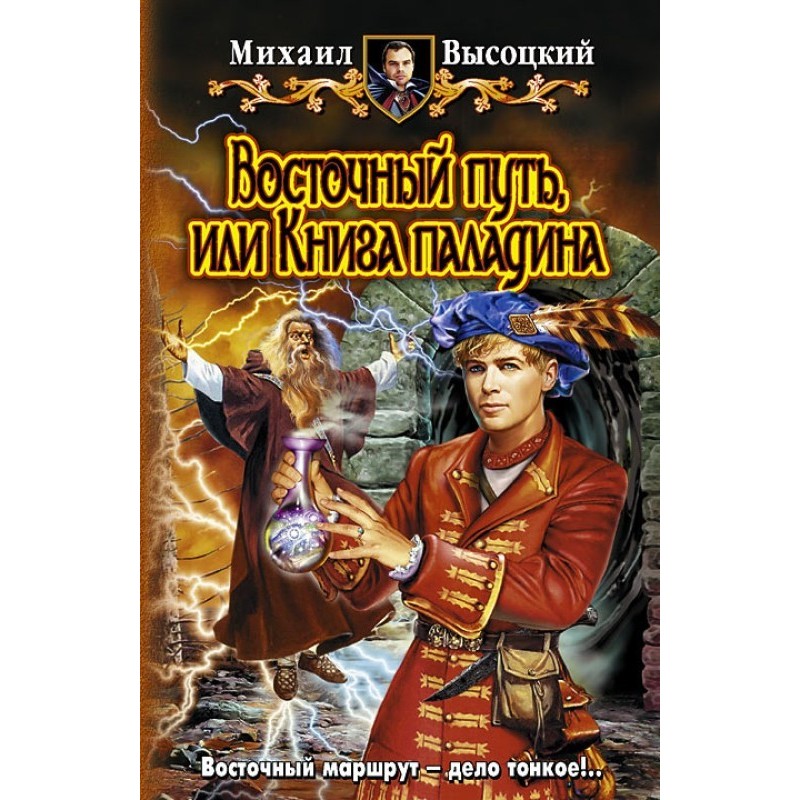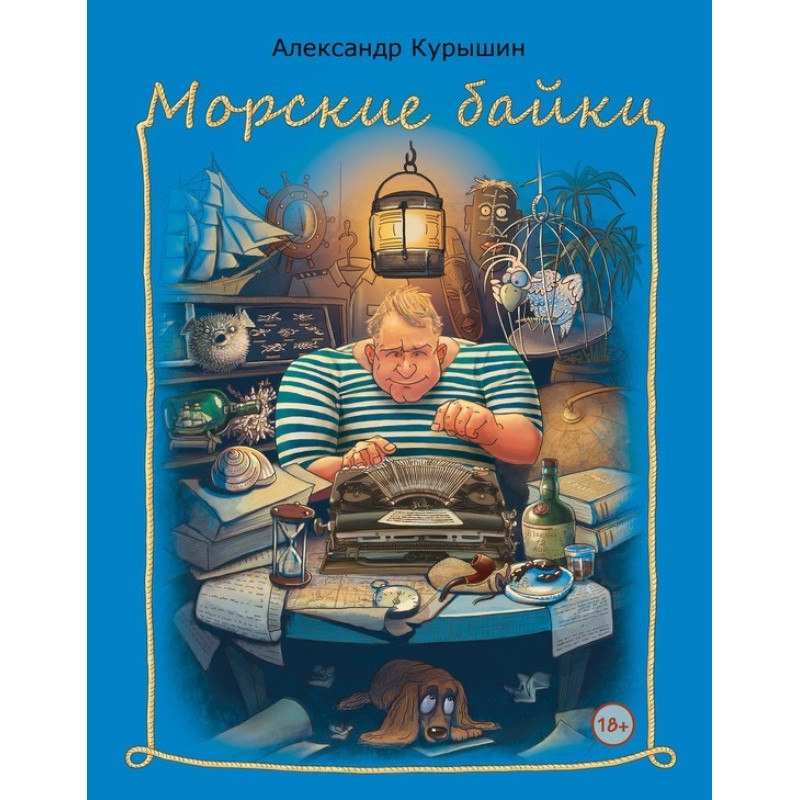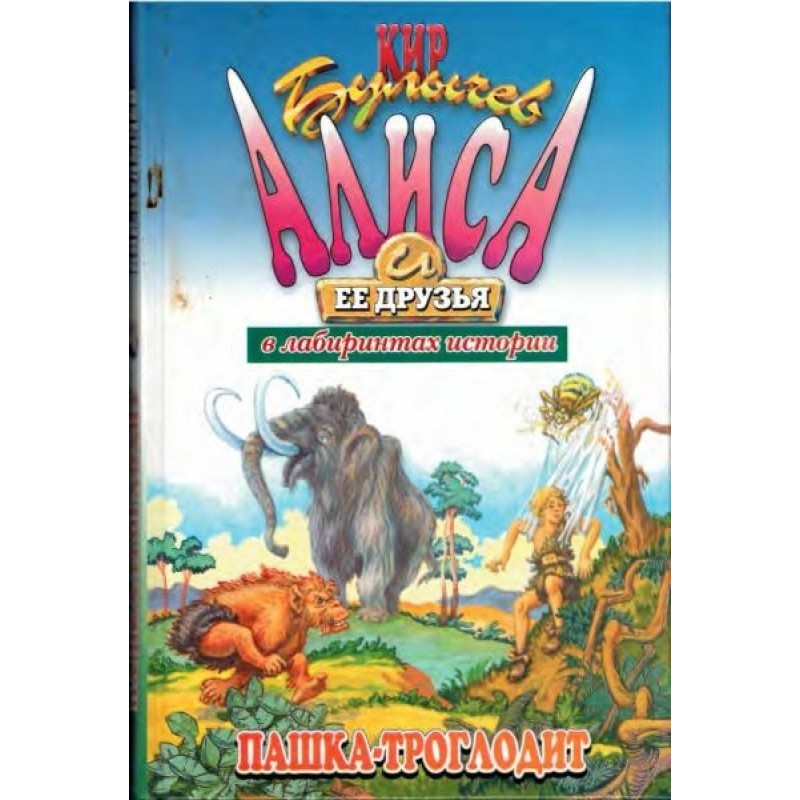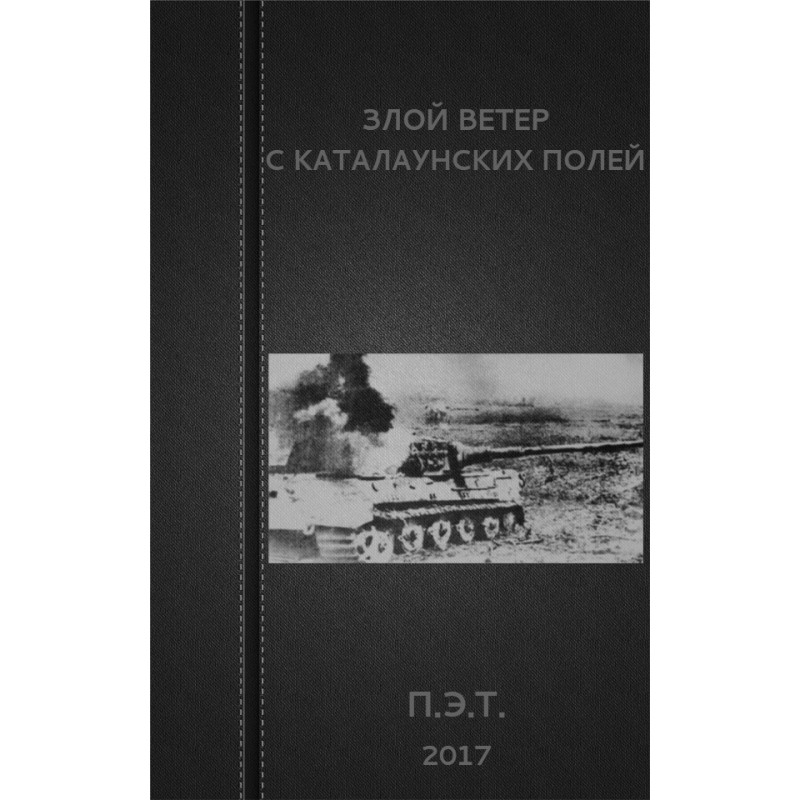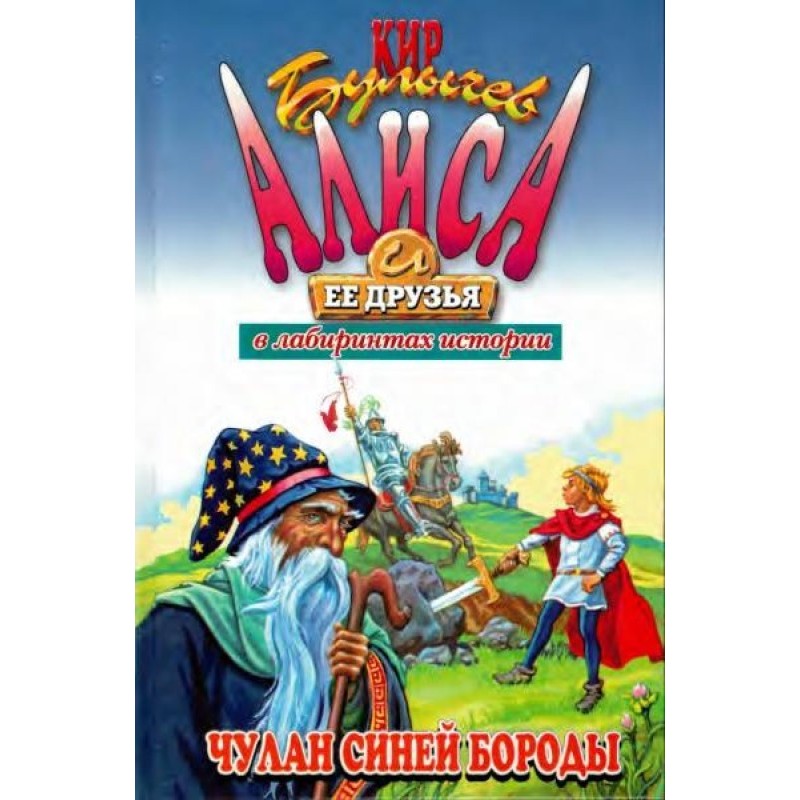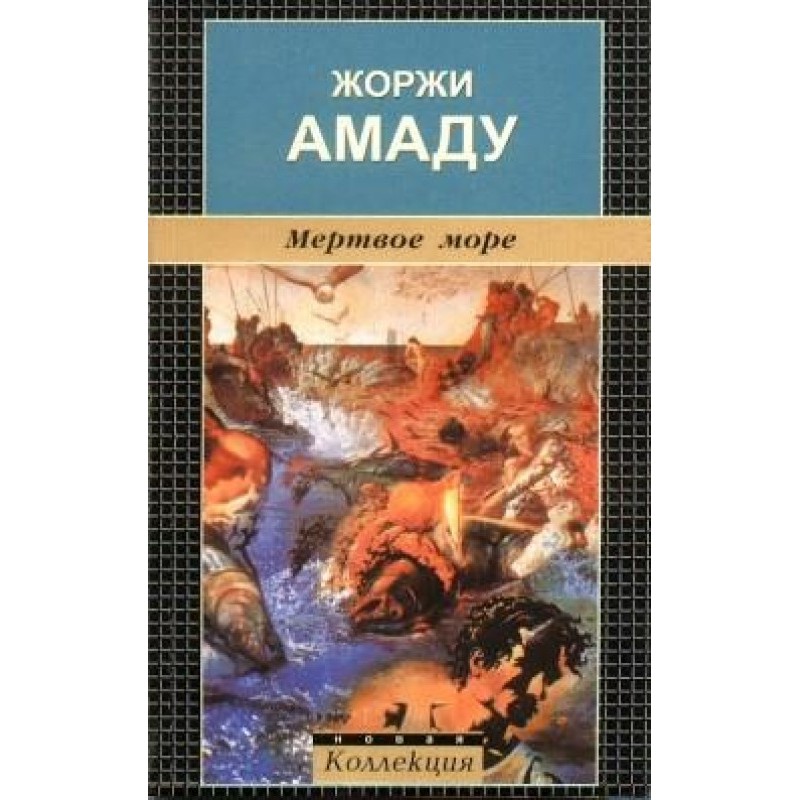Collections of stories
 Instant download
Instant download
after payment (24/7)
 Wide range of formats
Wide range of formats
(for all gadgets)
 Full book
Full book
(including for Apple and Android)
Hector Hugh Munro (English Hector Hugh Munro, pen name Saki), December 18, 1870, Akyab - November 13, 1916, Battle of the Somme, near Beaumont-Hamel) - English writer and journalist. The pseudonym “Saki” in Farsi means “cupbearer” and “cupbearer”, most likely borrowed from the poetry of Omar Khayyam. Soon after the birth of Hector, his mother died, the two-year-old boy was sent to England, where for thirteen years he was under dense and stuffy conditions. the supervision of two of his aunts (in Saki’s stories, the aunts of various characters are very vile and disgusting, let’s even say, disgusting persons). The boy was distinguished by rare illness, he studied at a secondary classical school for a very short time, after the resignation of his father-colonel, he and his younger sister traveled around Europe for six years (France, Germany, Switzerland). Observations and experience of communicating with many people acquired during these years later became the basis of many of his writings. At the age of 22, Saki returned to Burma, lived there for more than a year, tried to serve in the police, but for health reasons was forced to return to England. For three years he worked on the book “The Formation of the Russian Empire” (published in 1900). If now for the “islanders” Russia is an exotic country - obscure, mysterious, threatening, then 100 years ago such a literary start was something extremely unusual and extravagant. At the same time, Munro began his journalistic career (newspaper pamphlets that made up the book “Alice in Westminster” - the same year 1900). The first books were published under the real name of the writer, although he parodies Khayyam in the same first published under the pseudonym Saki. In 1903, Saki became a special correspondent for the Morning Post newspaper, covered military operations in the Balkans, then moved to Warsaw, from where on September 8, 1904 he arrived in St. Petersburg, where he spent almost three years (including In the same year, the writer's first collection of stories, Reginald, was published. Saki quickly learned the Russian language, his correspondence introduced the British to the events of the 1905 revolution, and accurately and impartially informed about the state of affairs and sentiments in the Russian Empire (let’s just mention the article “Yesterday was a black day in Russia” - about the shooting of a workers’ demonstration on January 9, 1905. ). In one of his articles about Russian affairs, Saki astutely remarked: “In this country, the hooligan and bully enjoys enormous freedom, because public opinion, no matter how Although it strongly opposed him, it rarely develops into public opposition... Emergency circumstances occur so often in this country because they are looked upon as the antics of a spoiled child.” Lord, it’s as if this was written today... Saki’s “Russian” impressions formed the basis for the collection of stories “Reginald in Russia” (1910) and the short story “The Ancient City of Pskov” (published posthumously in 1924). In the story that gives the collection its title, Saki quotes the words of a Russian princess: “Under our system of government, everything is wrong... Bureaucrats think only about their own pockets, people are exploited and robbed everywhere, and they are governed badly everywhere.” After Russia, Saki lived in Paris for several years , then returned to London, devoting himself entirely to writing (in 1911 he published the famous collection stories from The Chronicles of Clovis). At the age of 44, having published the book “Animals and Not Only Them”, having renounced the officer rank and the staff position of translator, Saki, with the rank of junior sergeant, volunteered to go to the front. After the end of the First World War, he dreamed of buying land and settling in Siberia. His aspirations were not destined to come true: on November 14, 1916, the writer died in France from a bullet wound to the head. His earthly life ended, his posthumous (worldwide) fame began.
Data sheet
- Name of the Author
- Гектор Манро Хью
- Language
- Russian

